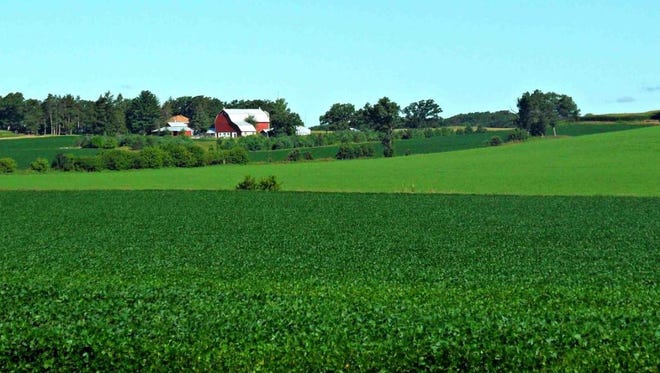UW Extension report says WI land values strong despite economic turmoil

UW Extension's Wisconsin Agricultural Land Prices Report says state land values have continued to stay strong despite economic turmoil in the past 5 years.
The study, based on data from more than 8,000 property sales between 2009 and 2019, found that the average annual growth in agricultural land value was 1.8%. The average return on investment for farmers was just over 5%, which the study explained was advantageous over other low-risk investments.
The study also found that despite many dairy farmers going out of business, most of them weren't forced to sell their land. Instead, farmers continued to grow other crops on the land or rent it out, which helped keep market values up because of a lack of supply. More than 8,000 dairy farms have shut down since 2004.

Land prices have remained stable throughout the COVID-19 pandemic, according to data from the first quarter of 2020, and low interest rates provide hope that the market will continue to be stable. The Federal Reserve interest rate has been at a near-zero level since March, mirroring the agency's response to the 2008 economic recession.
Land ownership has also increased because land rental prices have surpassed land values, and the study predicted that the rates will not go down because of the importance of land control. The study noted that 10 years ago, rental rates were much lower comparative to land values, which led to rates rapidly increasing at 8.4% per year between 2010 and 2014.

The study claimed that extending land ownership by a single owner and concentrating livestock will help keep property values down for the foreseeable future.
The pressure created by growing environmental concerns and the concentration of livestock in some areas has heightened the value of land for nutrient management purposes," the study stated. "In those areas, that use may be a dominant factor in driving demand, even more so than crop and feed productivity."